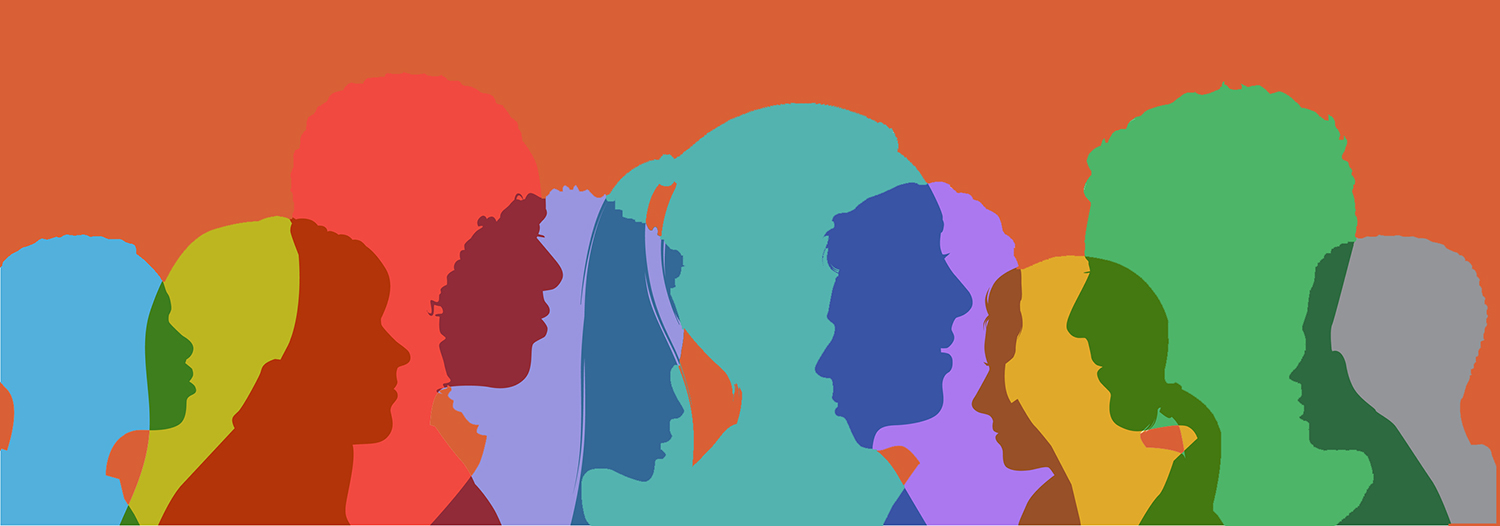Diversity, Equity and Inclusion—The Experience of Women in Aeronautics
[mpc_textblock content_width=”100″]ASCEND’s mission of aligning the global community around the exploration and development of outer space and incorporating the tenets of diversity, equity, and inclusion calls for supporting and retaining new entrants to the workforce, as well as increasing awareness and support of a culture of inclusion. How does the aerospace industry attract a diverse workforce, tapping into the talents of underrepresented workers while developing a community that retains these employees throughout full, productive careers?[/mpc_textblock] [social_buttons facebook=”true” twitter=”true”]Webinar Executive Summary
On 21 July 2020, AIAA hosted an interactive session focused on the experiences of women in the aerospace community. With an introduction from Alex Straub, Chair of AIAA’s Women of Aeronautics and Astronautics Committee, four leaders of professional engineering societies addressed the opportunities and challenges faced by their members and highlighted ongoing work toward diversity, equity, and inclusion.
This session was developed in collaboration with the American Indian Science and Engineering Society, the National Society of Black Engineers, the Society of Hispanic Professional Engineers, and the Society of Women Engineers.
Here are five key takeaways from their conversation:
- Outreach is key to widening the pipeline to women in the aeronautics field. Alex Straub opened the discussion with the statistic that, as of 2018, women represented only 15 percent of the aeronautics workforce, fewer than most engineering fields. The panelists agreed that reaching out to youth makes them aware of opportunities in aerospace, and shared how they had been introduced to STEM and aerospace engineering through science fairs and outreach from professional organizations.Programs like GSTEM (Girls exploring Science, Technology, Math and Engineering) and Introduce a Girl to Engineering Day inspire interest and action, and work to bring students and adult influencers together. Organizations can instill a passion in aeronautics by creating a culture of inquiry and introducing the engineering field as a creative, collaborative career where people can solve problems and make the world a better place.
- Representation is important. One challenge noted by the panelists was finding – frequently – that they were the sole female members of a class or team, a situation that may be compounded by being a person of color as well. Though it may be discouraging, particularly in early career, one panelist encouraged these engineers to embrace their differences, accept that they stand out, and help the organization find and hire others to move their team in the right direction. They also encouraged women to participate in outreach, to give students and youth an opportunity to see someone who might look like them being successful in the field.
- Women are challenging the culture of engineering. The panelists discussed challenges of working in an industry where women remain a minority. They stressed the importance of diversity as a tool that leads teams to better solutions. Specifically, the panel spoke of the necessity to counter the misbelief that diversity equals deficiency, resulting in the promotion of individuals based on identity rather than merit. They also reported working against the perception of women’s limitations because they also may be mothers.To keep moving forward, the panel discussed the importance of allies and mentors, even though those mentors may not themselves be women. They spoke of the importance of understanding the rules of engagement within an organization, and acknowledged that the primary job of an early-career professional is to be excellent and to be recognized for it.
- Resources are available and helpful. Each of the societies represented by the panelists offers a network for women, a community of like-minded professionals with shared experiences, professional development, and opportunities for conferences and other networking. The societies’ websites include sections for students, as well, offering internships, scholarship programs, and opportunities through partnerships with NASA, the FAA, and the Department of Energy.The panelists stressed how these resources helped them, some from a very young age, move forward into and through their aerospace careers.
- Intersectionality still needs to improve. America’s recent renewed awareness of the need for racial justice has prompted some of the panelists to revisit the intersectionality of their institutions. All agree that intentional inclusivity is vital, and that inclusion is the responsibility of each of us as individuals. We create the climate of our organizations, and it is important that we are each aware of unconscious bias and that we engage with and learn from people we may perceive to be “different.”
Panelist Detail:
- Raquel Tamez– CEO, Society of Hispanic Professional Engineers (moderator)
- Heather Doty– President, Society of Women Engineers
- Enanga Daisy Fale– Director, Aerospace Special Interest Group of the National Society of Black Engineers
- Kristina Halona– Board of Directors, American Indian Science and Engineering Society
Next Up
The ASCENDxSeries features dynamic webinars, co-labs, and other interactive virtual events. View recordings and participate in the upcoming Summit.



